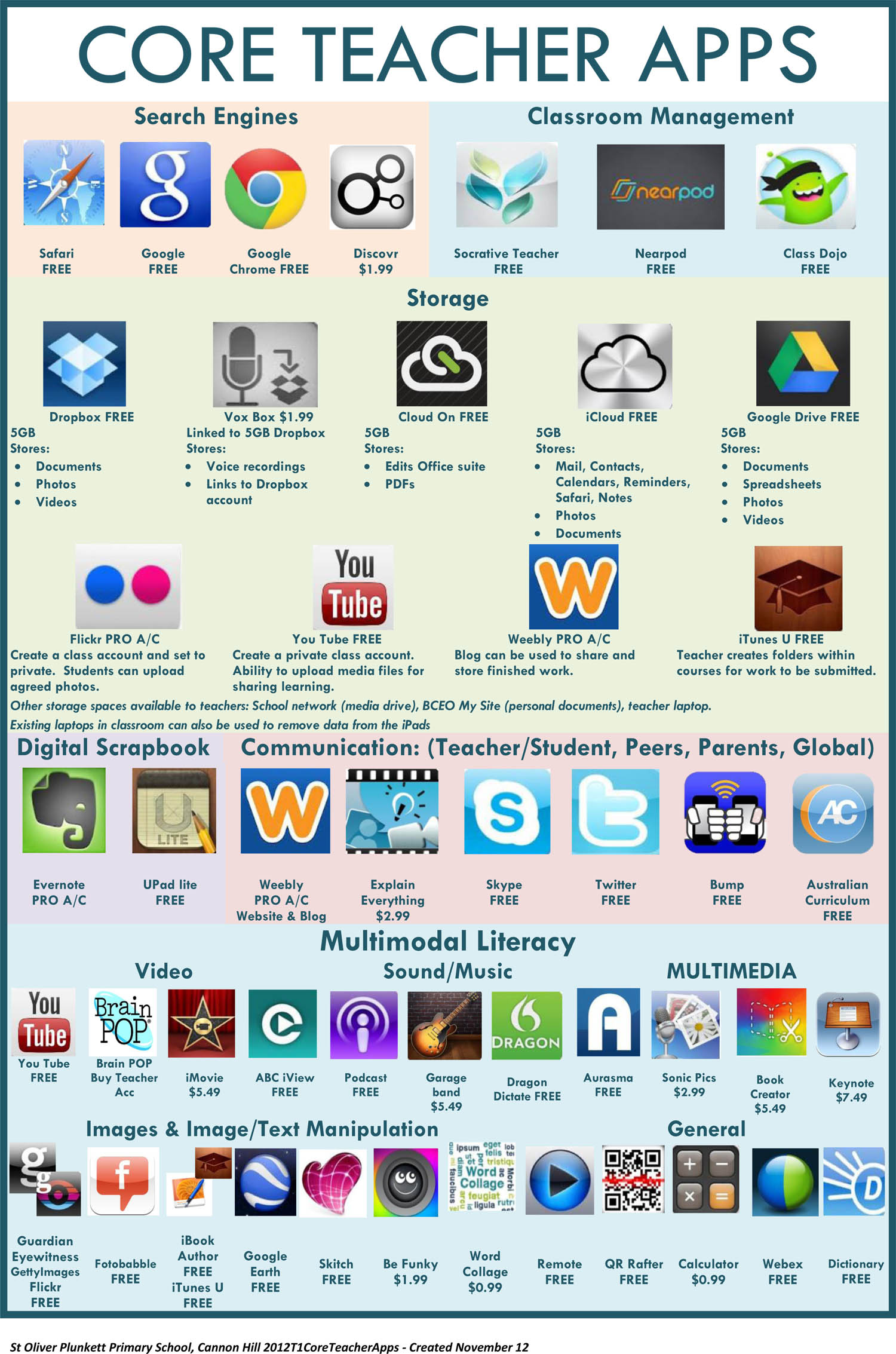Crisis Management: What to Do When Your Business Makes a Public Mistake
http://www.socialmediaexaminer.com/crisis-management-with-gini-dietrich/
respond within 24 hours when a crisis happens. Don’t ever let it go all day.
When it happens outside of work hours, make sure you respond within the next work day. Let people know that you are aware of the situation and you’ll get back to them once you have investigated the matter.
On weekends, you need to have someone monitoring your social media channels, and they need to be aware of whom to contact when a crisis arises.
If it’s a case of one blogger who has written something bad, but other people aren’t aware of it, then you need to approach the blogger privately. You’ll hear what you need to look out for in this situation and how to handle it.
When you do have a crisis on your hands, you should always remain honest throughout the communication and make the effort to keep people up to date with what’s happening. People are pretty understanding when you continue to keep them in the loop.
NOWHERE IS STATED THAT ONE HAS TO ABSTAIN OR KEEP THE CONSTITUENCY (e.g., students) AWAY FROM PARTICIPATING.
8 Simple Ways to Get Great Media Exposure
http://www.inc.com/larry-kim/8-content-promotion-tactics-for-great-media-exposure.html
1. Build Your Media Network
2. Leverage Twitter for Pitching
3. Get in Front of Industry Influencers
4. Optimize Your Visual Assets
5. Plan a Series
6. Syndicate Your Blog Content
7. Target International Press
8. Don’t Forget Traditional Media
How to Explain Social Media Marketing to Skeptics: An Analogy
http://www.dragonsearchmarketing.com/how-to-explain-social-media-marketing/#sthash.KUNUdSwk.dpuf
AND MUCH MORE…
International Conference ICT for Language Learning
http://conference.pixel-online.net/ICT4LL/
Virtual Presentations available at:
http://conference.pixel-online.net/ICT4LL2013/virtual_presentations.php
The Myths of Technology Series – “Technology equals engagement”
http://connectedprincipals.com/archives/10418
Compliance – Do this because I told you.
Engagement – Do this because you are excited.
Empowerment – Do this because you have the power to do something meaningful for yourself.
So if we want to get to this idea of “empowering” our students, we are not going to have to be the “sage on the stage” or the “guide at the side”, but “architects of meaningful learning opportunities”. Understanding our students, their interests, abilities, and strengths, will help us better design learning that gets them to, as Mihaly Csikszentmihalyi describes, a state of “flow“.
Flow is the mental state of operation in which a person performing an activity is fully immersed in a feeling of energized focus, full involvement, and enjoyment in the process of the activity
The Soul of the Research University
http://chronicle.com/article/The-Soul-of-the-Research/146155/
they aren’t the same idea. Mass higher education, conceptually, is practical, low cost, skills oriented, and mainly concerned with teaching. It caught on because state legislatures and businesses saw it as a means of economic development and a supplier of personnel, and because families saw it as a way of ensuring a place in the middle class for their children. Research universities, on the other hand, grant extraordinary freedom and empowerment to a small, elaborately trained and selected group of people whose mission is to pursue knowledge and understanding without the constraints of immediate practical applicability under which most of the rest of the world has to operate. Some of their work is subsidized directly by the federal government and by private donors, but they also live under the economic protection that very large and successful institutions can provide to some of their component parts.
Tens of millions of Americans have a direct connection to higher education, and probably only a tiny minority of them are even familiar with the term “research university.” So universities themselves have contributed to the lack of public understanding of the centrality of research.
“You see then, here are two methods of Education; the end of the one is to be philosophical, of the other to be mechanical; the one rises toward general ideas, the other is exhausted upon what is particular and external,” he wrote. “Knowledge, in proportion as it tends to be more and more particular, ceases to be Knowledge.”
“The pursuit of science and scholarship belongs to the university. What else belongs? Assuredly neither secondary, technical, vocational, nor popular education. Of course, these are important; of course, society must create appropriate agencies to deal with them; but they must not be permitted to distract the university.”







